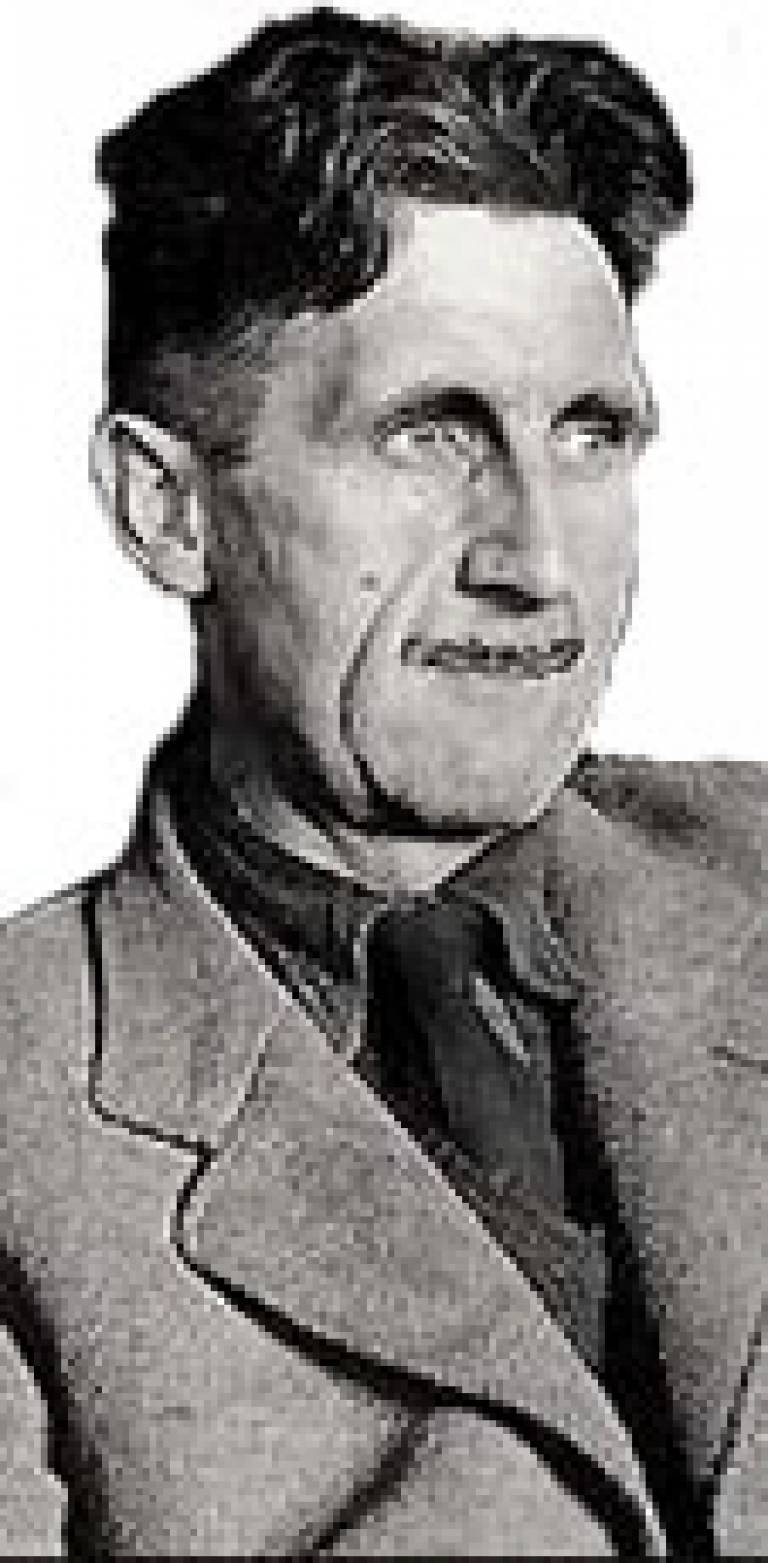UCL Futures enhancing learning at home and abroad
5 May 2009
Grants from UCL Futures this year helped academics enhance their courses, take learning beyond the lecture theatre, and apply the university's unique breath of knowledge and expertise in the wider world.

UCL Futures has awarded over £350,000 to 22 diverse projects across the university, ranging from the digitisation of cultural treasures such as the George Orwell Archive to improving care for mothers and infants in rural Malawi. The grants also provided over 100 scholarships, which are vital at this time of economic uncertainty. Projects which won UCL Futures funding include:
* Orwell goes online
Library Services is using a grant to digitise George Orwell's political and domestic diaries, literary and general notebooks, and Spanish Civil War papers. The George Orwell Archive at UCL is the world's most comprehensive body of research material relating to Orwell and the university is regarded as the international centre for studies on the author. As well as reducing the handling of the fragile originals and ensuring that this unique resource is preserved for future generations, the project will open up the collection to scholarship and the wider public by making it accessible through the internet. It will also form the blueprint for the subsequent digitisation of many other rare collections held at UCL.
* Helping mothers and children in Africa
UCL's Centre for International Health and Development (UCL - CIHD) is making a documentary about a project aimed at reducing maternal and child mortality and morbidity in Malawi. The MaiMwana Project's community-based strategies and partnerships are unique in scale and approach in sub-Saharan Africa. The documentary will help push maternal and child health to the top of global policymaking agendas and increase public awareness of the university's work in Malawi and its plans for six similar projects in Bangladesh, India and Nepal.
* Learning by doing
A UCL Futures grant is supporting students from the Faculty of Laws as they provide free legal advice to those in the community unable to access commercially provided fee-based services. Working under the supervision of qualified lawyers at legal advice centres, the students will gain academic credit for their pro bono work. This new method of learning through experience puts UCL's Faculty of Laws at the cutting edge of legal education and demonstrates the university's commitment to the broader community, and in particular the disadvantaged within that community.
* Peking Man reborn
The Departments of Anthropology, Anatomy and Science and Technology Studies are collaborating on a project to digitise and replicate rare casts of Homo erectus specimens (formerly known as Peking Man). The casts, produced by German anatomist Franz Weidenreich in the 1930s, are too fragile to be handled on a regular basis. The production of replicas using the latest advances in virtual imaging and 3D printing will safeguard their future at the same time as making these important specimens available for teaching and outreach work.
* A fresh Perspective
A grant is helping the UCLU Medsin RUMS Society produce the first of four issues of Perspectives, a global health magazine written by students for students. The magazine, whose production has involved over 100 students from a variety of courses, aims to educate its readership about global health issues and inspire them to get involved in the search for solutions. The publication of Perspectives also strengthens the focus on the first of UCL's four Grand Challenges, Global Health.
Click here for a complete list of projects supported by UCL Futures.
UCL context
UCL Futures
UCL Futures harnesses the collective generosity of alumni and friends to attract and support a new generation of students and staff and help them to translate their discoveries into real-world benefits from which we all stand to gain. By making a donation to UCL Futures you will join thousands of alumni and friends who are playing a part in the advances which will shape our world.
Image: George Orwell, top, and the partial skull of Peking Man, right.
 Close
Close

